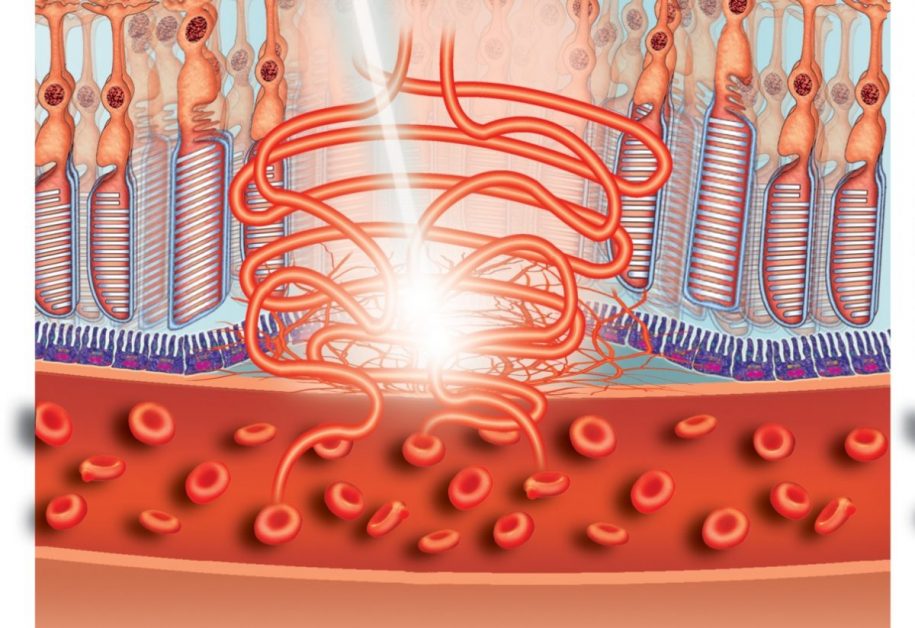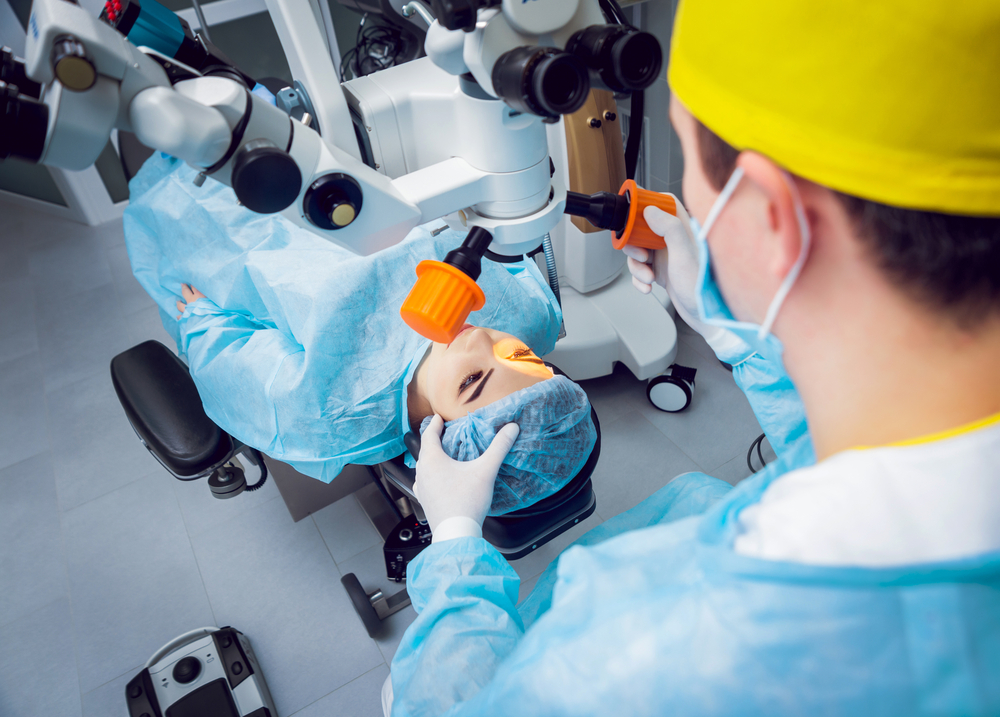

While there is no cure for macular degeneration, there are several treatment options available to help patients manage this condition and preserve their vision.

Regular eye exams are important in detecting macular degeneration and other serious eye conditions as early as possible, so that permanent side effects can be avoided. Any signs of this condition can be further confirmed by testing your central vision with an Amsler grid test. Your doctor may be able to detect early signs of macular degeneration, before any symptoms occur, through a regular eye exam. With wet macular degeneration, central vision loss can occur rapidly, sometimes in as little as a few days or weeks. If the disease progresses to the wet form, patients may also see straight lines as wavy. Patients may also have difficulty seeing color and fine details. These areas grow larger as the disease progresses, and can eventually turn into blind spots. Patients with macular degeneration may notice gradual changes to their vision, including shadowy areas in the central vision, or fuzzy and distorted vision. Although less common, wet macular degeneration accounts for 90% of the blindness caused by all cases of this condition.

This leakage can lead to permanent damages in the central vision and the creation of blind spots. In wet macular degeneration, new blood vessels develop beneath the retina and cause a leakage of blood and fluid. Only about 10% of patients see their condition progress to the more advanced and damaging wet macular degeneration. This type of the disease usually develops as a result of aging and thinning of macular tissues and the depositing of pigment within the macula. Dry macular degeneration is the more common diagnosis, and is considered to be an early stage of the disease. Macular degeneration can be classified as either wet (neovascular) or dry (non-neovascular). As we age, the tissue in the eye responsible for central vision slowly begins to deteriorate which can significantly affect a patient’s quality of life. Macular degeneration affects the macula, the part of the retina responsible for the crisp, detailed vision needed for reading or driving. Macular degeneration, also known as age-related macular degeneration (AMD) is a common condition in older adults and the leading cause of vision loss and blindness in people over the age of 65.


 0 kommentar(er)
0 kommentar(er)
